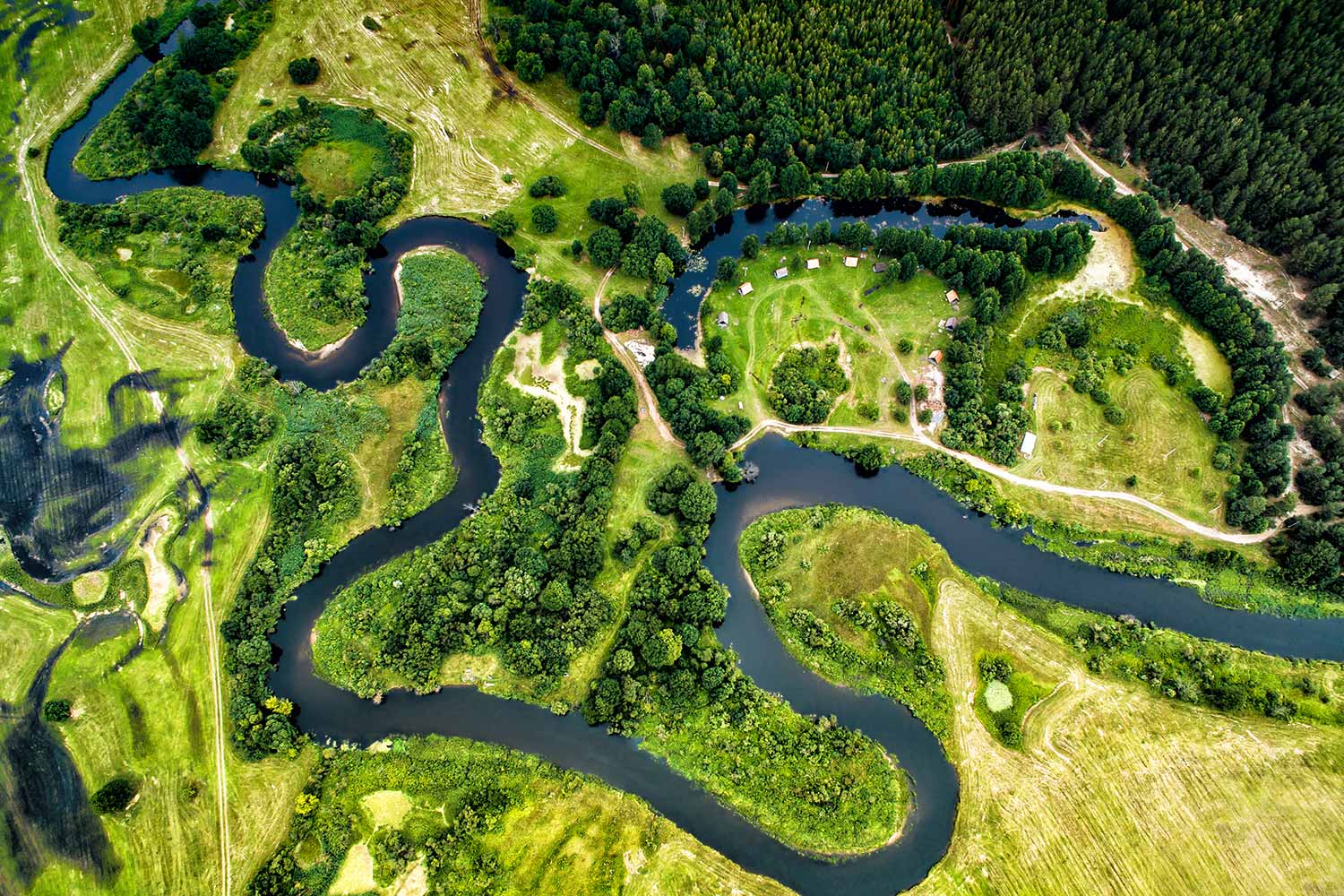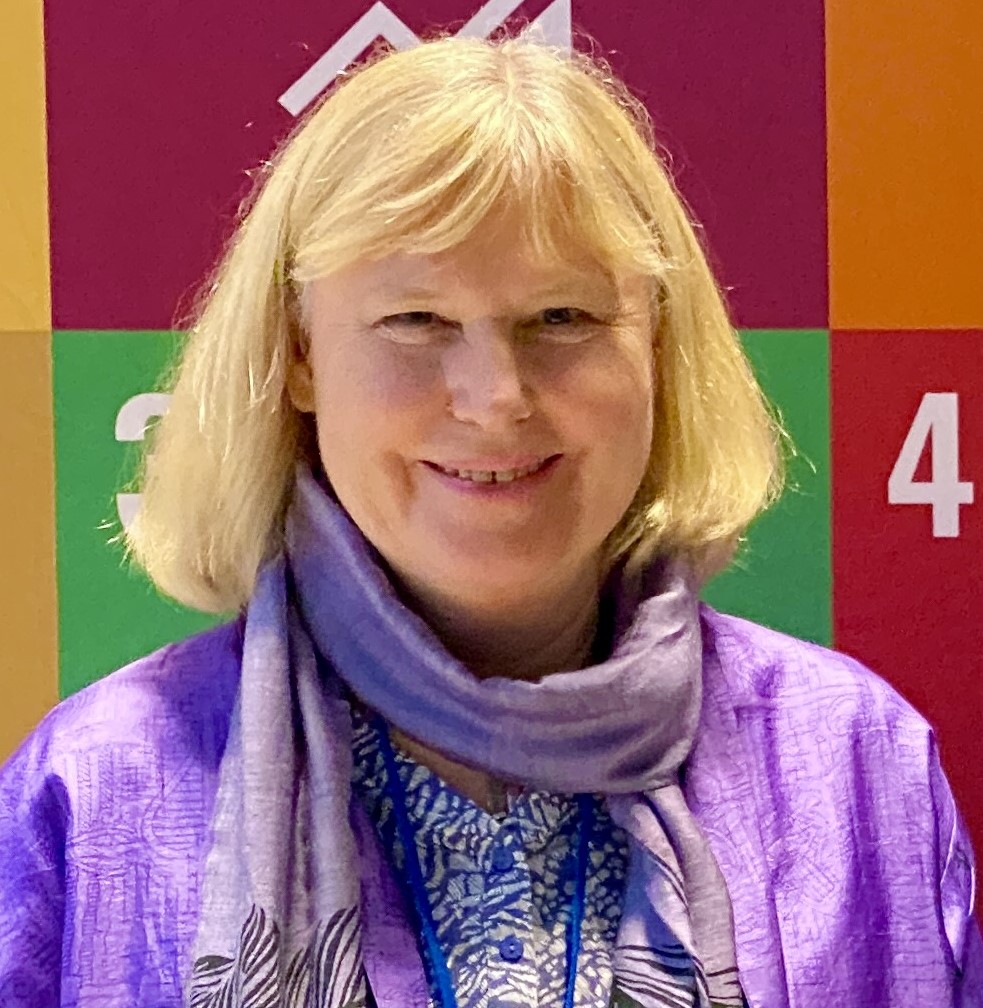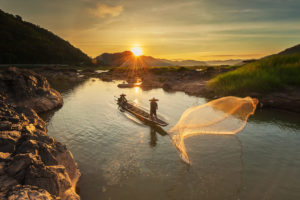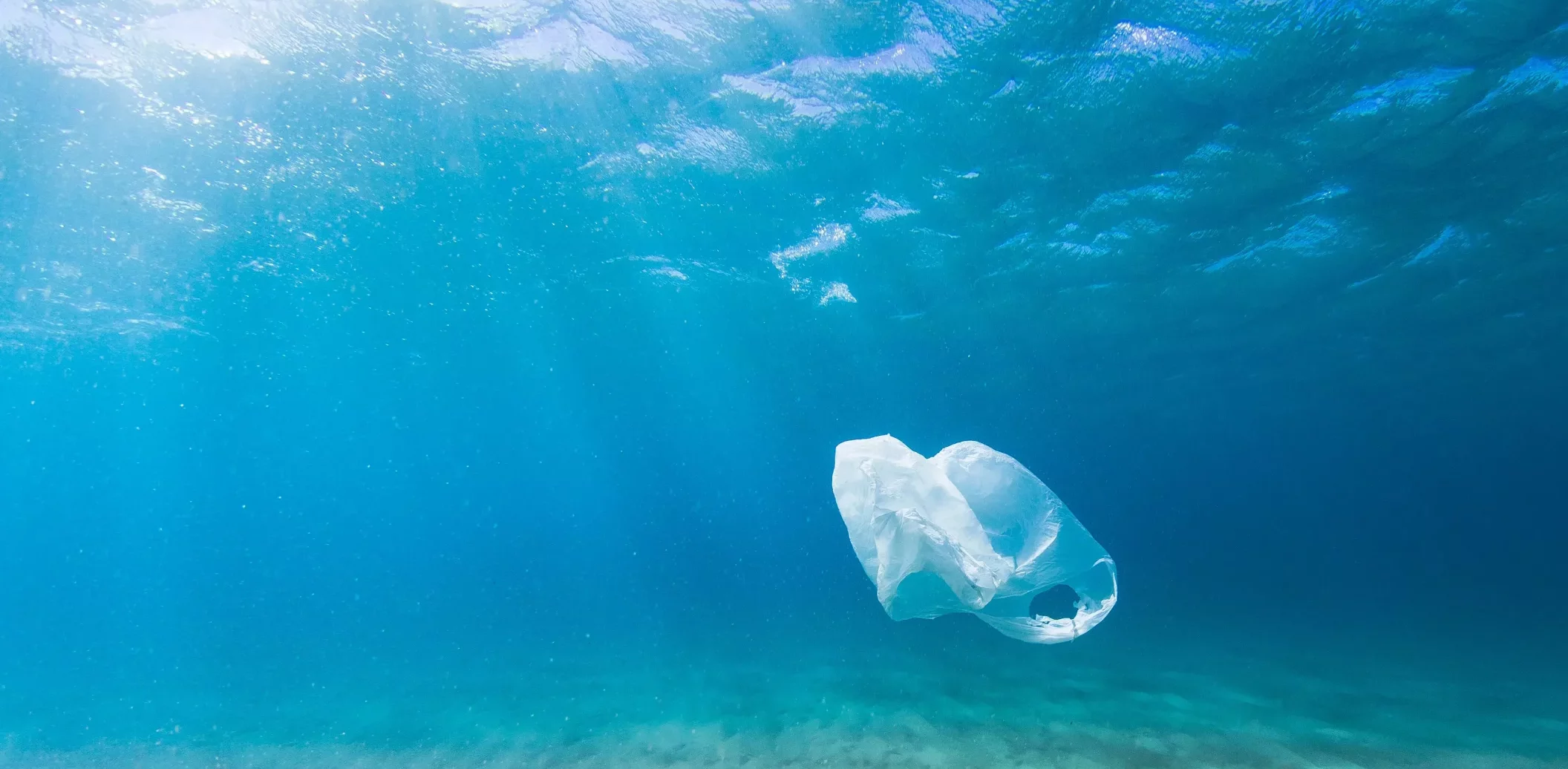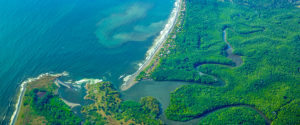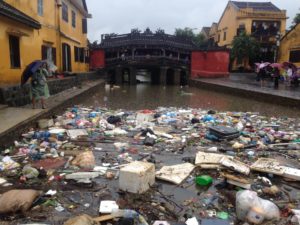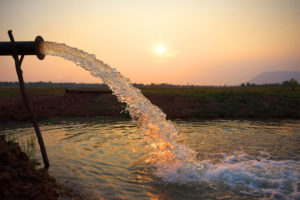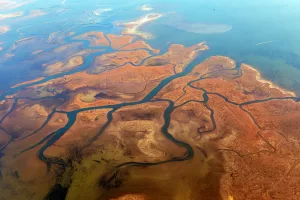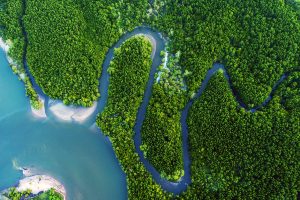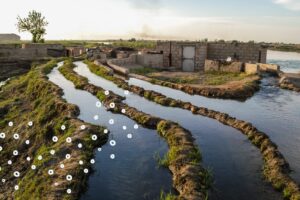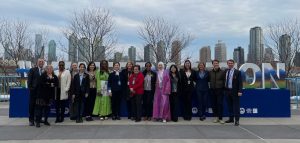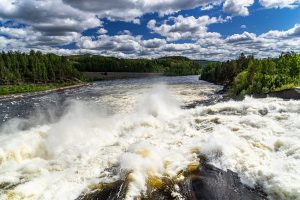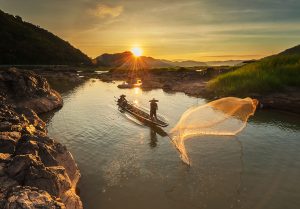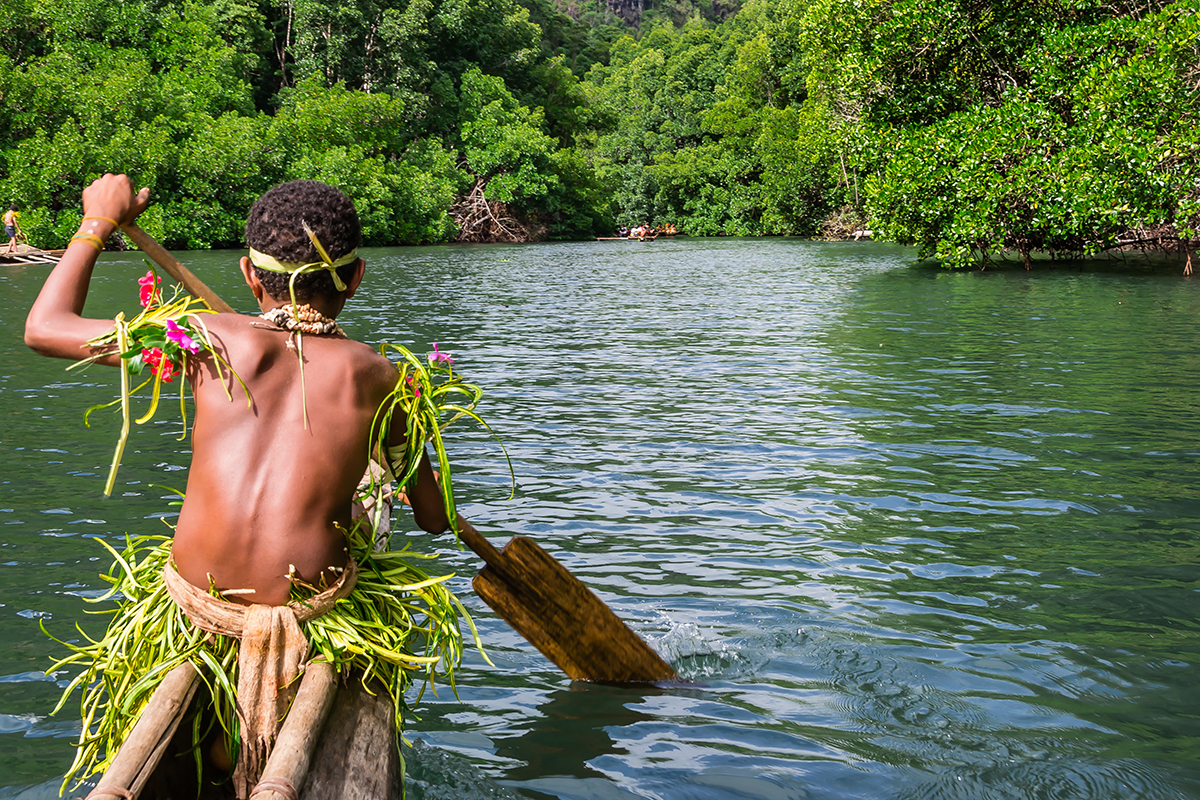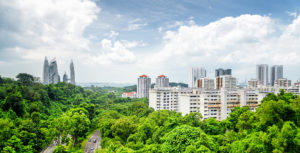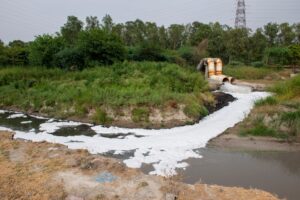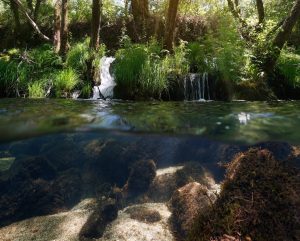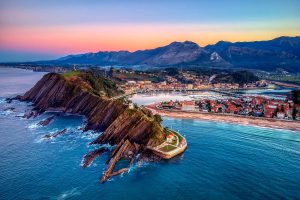Water Cooperation and Diplomacy (WCD) seeks to enhance the role and contribution of water cooperation and holistic governance towards the realization of sustainable water use and the achievement of Agenda 2030.
In the face of an uncertain future, ensuring water security demands that we adapt and embrace a comprehensive approach. It is vital to recognize the multitude of values water holds, honour our responsibilities towards it, utilize it wisely, and actively work to maintain and restore environmental health.
As the need for water and its related ecosystem services grows, due to population surge and economic development, we are increasingly witnessing the negative effects of not having holistic, multi-sectoral and inclusive water governance practices. This requires identifying and applying new approaches to emerging challenges thus broadening our understanding and knowledge of effective water governance.
Poor governance worsens environmental damage and undermines our ability to tackle multiple challenges effectively. However, it’s not all bleak – water also has the power to foster peace and cooperation. Communities and nations sharing water resources stand to benefit greatly from holistic water governance.
Our vision is to inspire collaborative action toward healing the whole water cycle.
… across boundaries, cultures, and sectors,
… for peace and security
… for resilient societies living within a vibrant natural world.
- Improving Water Governance: Increasing knowledge and understanding of good water governance and how existing governance systems can be altered and transformed is the cornerstone of WCD activities.
- Healing the Water Cycle from Source to Sea: WCD supports actors and institutions to value and proactively use integrated approaches that recognize interlinkages and interdependencies between land, freshwater, coasts and the ocean, thereby feeding into good water governance.
- Supporting Cooperation Over Shared Waters: WCD enhances the enabling environment for transboundary cooperation at multiple levels, supporting local actors to build sustainable governance systems in regions where water is, or may become, a source of conflict and political tensions or where water can serve as a catalyst for peace and stability.
- Reimagining Relationships between people and their waters: Changing relationships requires an examination of the values that people hold and how these intersect with water, climate, and biodiversity governance, and how this can create changes/trade-offs that work.
